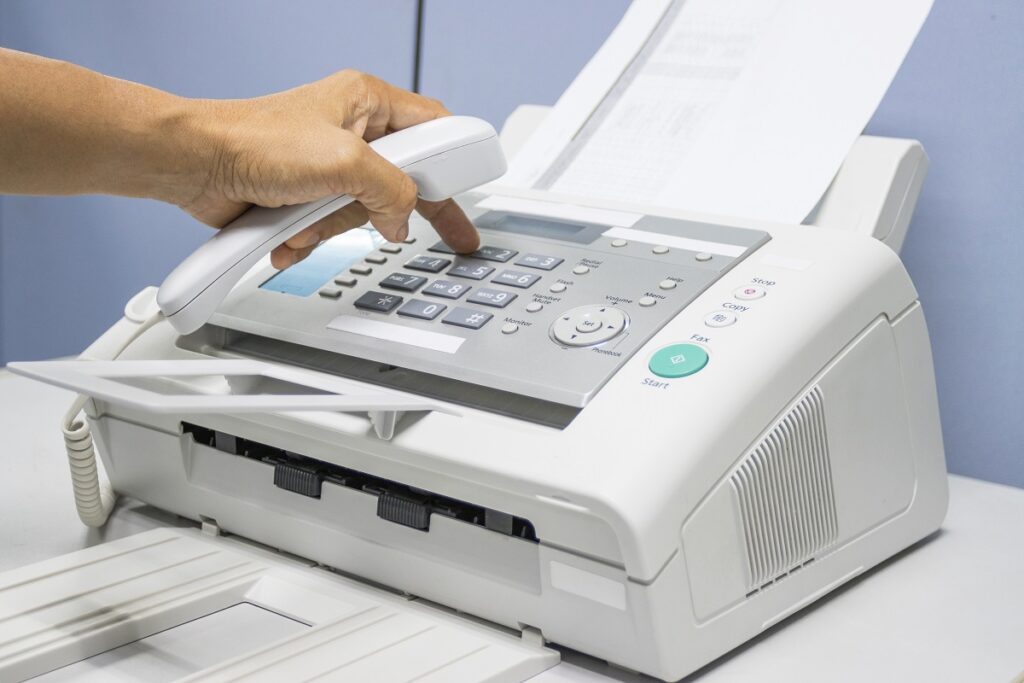
Fax cover sheets are pivotal in modern business communications, serving as the introductory page for faxed documents. They encapsulate essential information about the sender, recipient, and the fax’s content, ensuring clarity and professionalism in document transmission. In this comprehensive guide, we will delve into the intricacies of fax cover sheets, including their components, design considerations, integration with digital faxing solutions, and best practices for optimal usage.
Components of a Fax Cover Sheet
A well-crafted fax cover sheet comprises several key components:
Sender and Recipient Information
The sender’s details typically include their name, company name, address, phone number, and fax number. Similarly, the recipient’s information should be complete and accurate to ensure the fax reaches the intended party promptly.
Date and Time of Transmission
Including the date and time of transmission is crucial for documenting when the fax was sent, aiding in chronological organization and reference.
Subject Line and Message Section
A concise yet descriptive subject line helps the recipient understand the fax’s purpose at a glance. The message section allows the sender to provide additional context, instructions, or comments regarding the faxed material.
Additional Fields
Fields such as CC (Carbon Copy) and BCC (Blind Carbon Copy) enable the sender to include additional recipients or copy certain parties discreetly. Including phone numbers can facilitate immediate communication or follow-up actions.
Purpose and Benefits of Fax Cover Sheets
Fax cover sheets serve several important purposes and offer numerous benefits:
-
Enhanced Communication: They provide a structured format for conveying vital information, reducing miscommunication, and ensuring the recipient understands the fax’s significance.
-
Document Clarity: Fax cover sheets clarify faxed documents by outlining sender and recipient details, subject matter, and any accompanying notes, making them easier to interpret.
-
Professionalism: A well-designed fax cover sheet reflects professionalism and attention to detail, reinforcing the sender’s credibility and the organization’s image.
Designing an Effective Fax Cover Sheet
Design plays a pivotal role in the effectiveness of a fax cover sheet. Consider the following design elements:
Layout and Formatting
Ensure the layout is clean, organized, and easy to navigate. Use appropriate spacing, margins, and alignment for a professional appearance.
Branding Elements
Incorporate company logos, colors, and branding elements to maintain brand consistency and reinforce brand identity.
Fonts and Colors
Choose legible fonts and professional color schemes that enhance readability and convey a sense of professionalism.
Sample Fax Cover Sheet Templates
Various fax cover sheet templates cater to different needs and preferences:
Basic Fax Cover Sheet Template
A straightforward template with essential fields for sender, recipient, date/time, subject line, and message section.
Professional Business Fax Cover Sheet Template
A more detailed template featuring company branding, additional contact information, and a polished design suitable for corporate communications.
Creative and Customized Fax Cover Sheet Templates
Customizable templates that allow for creative customization while maintaining professionalism, ideal for showcasing unique branding elements or thematic designs.
Best Practices for Using Fax Cover Sheets
Follow these best practices to maximize the effectiveness of fax cover sheets:
-
Clarity and Conciseness: Keep the content clear, concise, and relevant to avoid confusion.
-
Proofreading: Always proofread the fax cover sheet for accuracy, spelling errors, and completeness before sending.
-
Confidentiality: Include confidentiality statements or disclaimers when faxing sensitive or confidential information.
How to Attach and Send a Fax Cover Sheet
When sending a fax cover sheet, ensure you follow these steps for seamless transmission:
-
Create the fax cover sheet using a template or design software.
-
Print the fax cover sheet along with the document to be faxed.
-
Place the fax cover sheet on top of the document in the fax machine or digital faxing interface.
-
Enter the recipient’s fax number and any additional details required for transmission.
-
Send the fax, verifying that both the cover sheet and document are successfully transmitted.
Fax Cover Sheet Etiquette and Tips
Observing fax cover sheet etiquette is essential for professional communication:
-
Content Relevance: Ensure the content of the fax cover sheet is relevant to the faxed material and provides necessary context.
-
Accuracy: Double-check all information, including recipient details and subject lines, to avoid errors or miscommunication.
-
Professional Tone: Maintain a professional tone and demeanor in the cover sheet content, reflecting the seriousness of the communication.
Integrating Fax Cover Sheets with Digital Faxing Solutions
With the evolution of digital faxing solutions, integrating fax cover sheets has become more streamlined:
-
Online Fax Services: Utilize online fax services that offer digital fax cover sheet creation and management tools, simplifying the process.
-
Workflow Integration: Integrate fax cover sheets seamlessly with document management systems or email platforms for efficient document handling and tracking.
Conclusion
Fax cover sheets remain indispensable tools for professional communication, bridging the gap between traditional faxing practices and modern digital workflows. By understanding their components, design principles, best practices, and integration strategies, businesses can leverage fax cover sheets effectively to enhance communication clarity, professionalism, and efficiency. Embrace the power of well-crafted fax cover sheets to make a lasting impression and ensure successful document transmissions in today’s dynamic business landscape.
